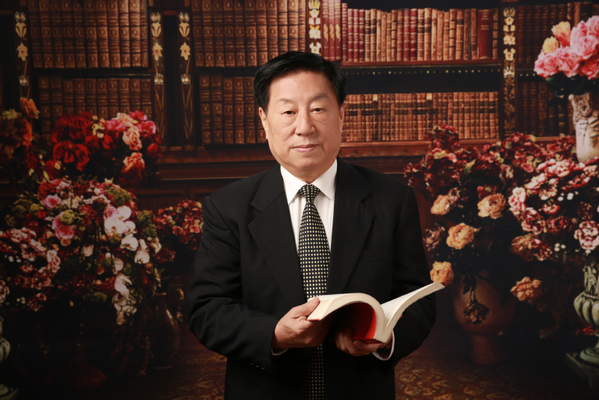
Xie Lili, born in March 1939, is currently an Honorary Professor at Jianghan University and the Chief Scientist of the Hubei (Wuhan) Institute of Explosion and Blasting Technology.
In 1994, he was approved by the State Council as one of the first academicians of the Chinese Academy of Engineering (CAE) and participated in the establishment of the CAE. From 2006 to 2012, he served as a member of the 4th and 5th Presidiums of the CAE. In 1997, he was appointed as the Honorary Director of the Institute of Engineering Mechanics, China Earthquake Administration. In 1999, he was hired as a professor and doctoral supervisor at the School of Civil Engineering, Harbin Institute of Technology. He also serves as the President of the China Earthquake Engineering Federation.
He has been appointed as a distinguished professor, honorary professor, adjunct professor, or visiting professor by a dozen of universities, including Beijing University of Technology, Southeast University, Guangzhou University, Hunan University, South China University of Technology, Lanzhou University, Nanjing Tech University, Tianjin University, Tongji University, Wuhan University of Technology, Southwest Jiaotong University, and Zhejiang University. Additionally, he holds positions such as honorary chairman or chairman of the academic committees of over a dozen of national or provincial-level key laboratories at institutions like Tongji University, Tsinghua University, Tianjin University, and Southwest Jiaotong University.
From 1987 to 1996, he was consecutively appointed for nine years by two successive United Nations Secretaries-General, Javier Pérez de Cuéllar and Boutros Boutros-Ghali, as an expert on the UN Ad Hoc Expert Group and a member of the UN Scientific and Technological Committee. Furthermore, he has been elected as the Vice President of the International Association for Earthquake Engineering (IAEE) and the President of the International Society for Strong Motion Seismology. From 1987 to 2001, he was selected by international seismological organizations as the Executive Chair of the International Association of Seismology and Physics of the Earth's Interior (IASPEI), becoming the first and, to date, the only scientist in the field of engineering to hold this position in the 100-year history of the organization.
Xie Lili's main research areas include earthquake engineering and safety engineering, urban earthquake disaster prevention and mitigation capacity assessment, seismic fortification standards for engineering, and seismic design code research. He has published over 400 papers and several books domestically and internationally. He is the first in the world to propose theories and technical methods such as the Most Unfavorable Design Ground Motion, Unified Seismic Design Spectrum, Generalized Conceptual Design, Urban Earthquake Disaster Prevention and Mitigation Capacity, Civil Engineering Disasters, and Seismic Resilient Cities. The national recommended standard he compiled, the first performance-based seismic design code in China - General Rule for Performance-Based Seismic Design of Buildings (Trial), was officially approved and implemented in 2004. He has received numerous national and provincial-level scientific and technological progress awards. In 2015, his research achievement, Theory, Method, and Application of Performance-Based Seismic Design for Building Structures, won the National Science and Technology Progress Award (the First Class). In 2008, at the 14th World Conference on Earthquake Engineering, Xie Lili was elected as the Lifetime Honorary IAEE Member, the highest academic and lifetime honor in the field of international earthquake engineering. To date, he remains the only Chinese scholar to receive this distinction from the organization.


